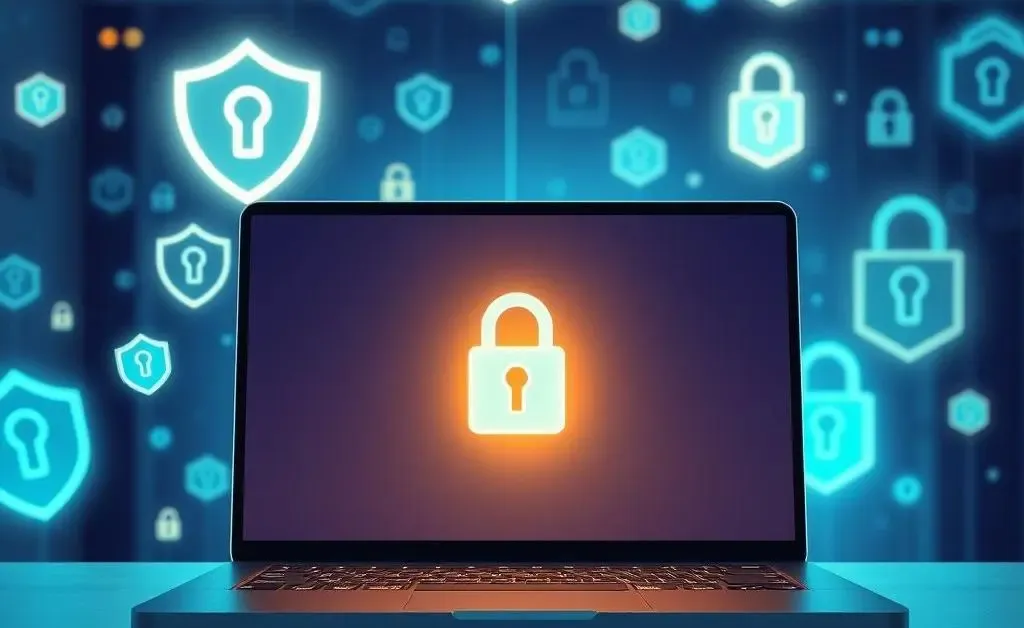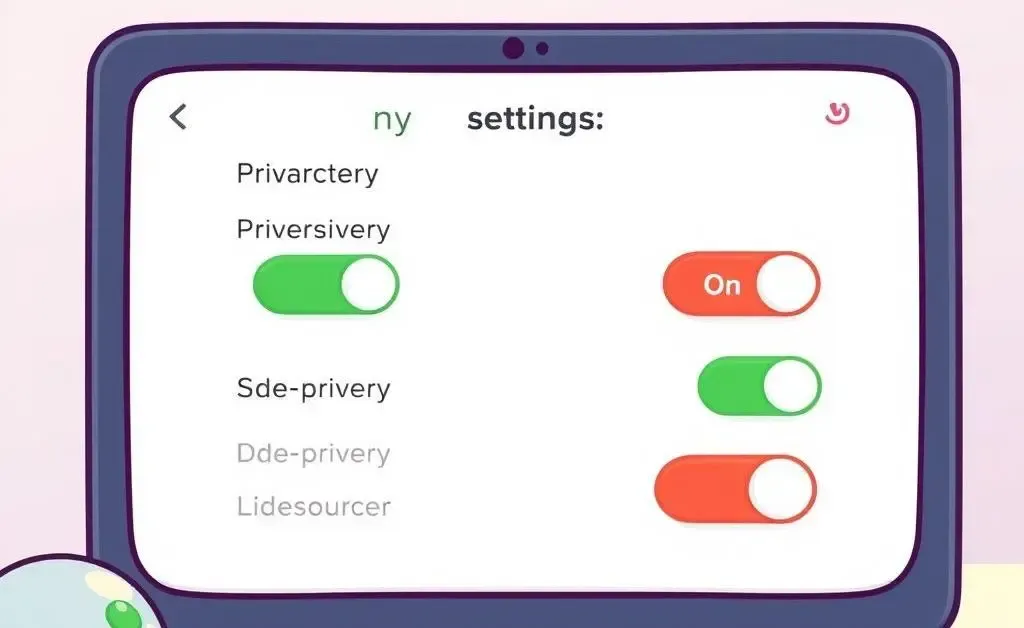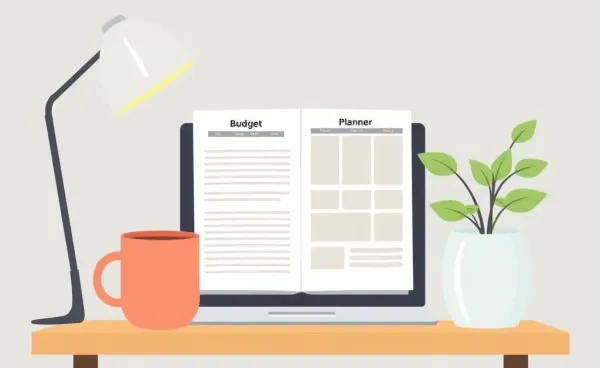Protect Your Privacy: Practical Steps to Guard Against Data Sharing
Easy steps to protect your privacy from credit agencies' data sharing. Feel secure with these essential tips.

Hey there! ☕ Let’s take a moment to chat about something that’s often on our minds but not always on our to-do lists: privacy protection, especially when it comes to your credit information. Life’s busy, and there’s so much to juggle, but safeguarding your data from being shared without your consent is crucial.
Why Should You Care About Your Data Privacy?
In our digital age, information flows faster than ever. Credit agencies routinely collect your data—and sometimes sell it. This isn’t just about privacy; it’s about controlling who gets to know your financial dealings. Imagine your personal life being an open book to unknown entities. Not a comforting thought, right?
First Steps to Shield Your Data
- Check Your Credit Report Regularly: Staying informed is a powerful move. You can request a free report annually from each major credit bureau. Spotting any anomalies early helps you act quickly.
- Understand Opt-Out Options: Actively opt out of prescreened offers. By doing this, you reduce the chances of your data being executed like a commodity. The process is straightforward and can often be done online or via mail.

Adjust Your Privacy Settings
Your online footprint is larger than you might think. Be sure to tweak privacy settings on all digital platforms you use regularly. Social media apps, for example, should only share what you are comfortable with.
Sometimes it’s as simple as toggling a few switches to prevent unnecessary data sharing. Often, companies update their policies without clear notice, so revisiting your settings every few months is wise.

Safeguard Via Secure Practices
Use passwords that are not just strong, but also memorable to you. Consider using a password manager to keep it all organized. Remember, diversifying passwords across different accounts reduces risk.
Enable two-factor authentication wherever possible. It’s a small step that adds an extra layer of protection. And don’t forget to update your software regularly; those updates often contain security enhancements.

Wrapping It All Up
Guarding your data isn’t a one-time task; it’s an ongoing commitment. You deserve to feel secure in the digital spaces you inhabit. Keep your life private and your data safe—because, in the end, your peace of mind is worth it.
Have you taken any steps towards securing your privacy lately? I’d love to hear what works for you or any tips you might have. Let’s keep this conversation going!




